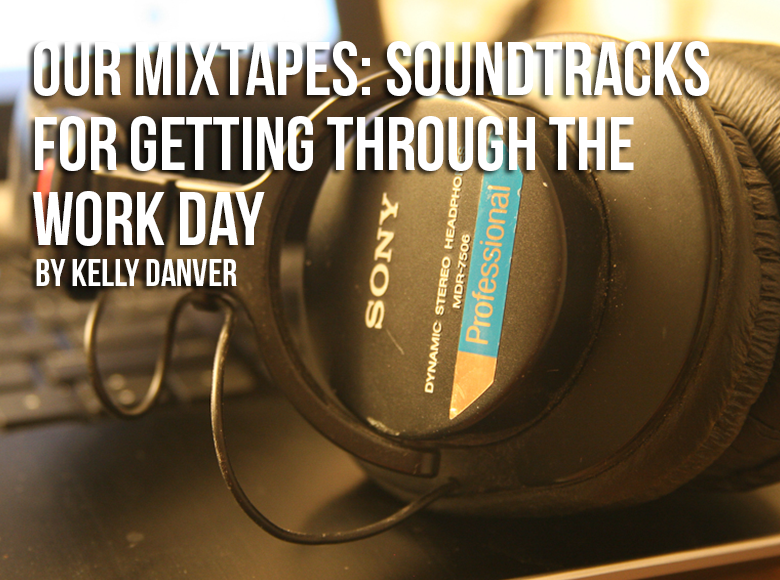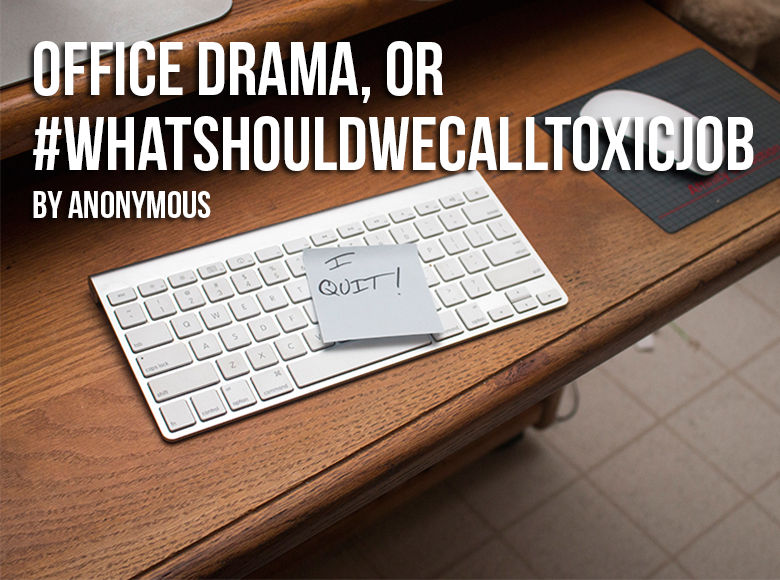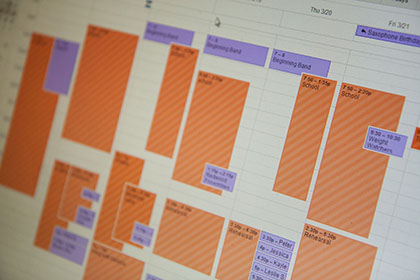When I moved to India in February 2012, I reached out to a NGO that my family had supported, seeking employment opportunities. Within a few hours of sending out my earnest email, the anonymized “Dr. S” replied, immediately inviting me to his government hospital in a small village town in India. That weekend, he personally walked me through the hospital, school, and eco lodge he had set up to help tribal children gain access to education. This campus was the basis of his NGO, which employed over a thousand people and managed over twenty-five government hospitals in rural areas throughout India.
You see, Dr. S never used his medical degree to pursue a traditional for-profit practice. He never married, had children, or even opened a bank account—opting instead to devote his entire life to offering free healthcare to the poor and forgotten. He is the recipient of numerous awards, has campaigned for health and transparency initiatives in the Indian government, and is the winner of multiple prestigious grants.
Dr. S won me over with his work, lifestyle, and mission. I immediately accepted his job offer to manage family planning initiatives from his head office in Bangalore.
But my first day in the office already seemed… off. The other twelve employees were fluttering around stressed, mumbling under their breaths, barely acknowledging anything around them. Until Dr. S walked into the room and, like a military regime, his soldiers immediately straightened up, addressed him as “Sir,” and bowed their heads when his eyes met theirs.
Initially, I thought it was a bad day. But the day turned into weeks and the weeks into months without any change. He never acknowledged good work, but broadcasted any problems. In fact, he created problems just to gloat in his ability to scream at his employees. Coworkers who had PhDs and Masters were treated like toilet cleaners. Every detail, document, and phone call had to be approved by him, stripping other managers of any real power.
Oh, you want a pen drive? Better email him for approval. Oh, you want to print a legal agreement? First, ask if you can use the printer.
Then I began to observe the day-to-day office dynamics. When Dr. S entered, the entire office came to a standstill. No one so much as whispered. They just stood there and waited for him to bellow out names and commands. Except, he never called any of the employees by their actual names. Instead, he would use derogatory insults in the local language: “Hey Owl! You couldn’t even take notes properly? You might as well shred up your PhD because you can’t be any stupider than a second grader.” “Donkey, how long does it take to show up when I call your name? You better clean your ears out with your degree since it’s not good for anything else.”
I worked six days a week, Monday through Saturday from 9 am to 5:30 pm. The turnover rate was incredible. In my three months, I saw six people (out of twelve) come and go.
Since Dr. S was the Chairman of the NGO, my direct boss was the executive director, Rekha. In the beginning, she seemed harmless—dare I say, even charming. We sat next to each other, telling jokes (only when Dr. S was out of the office, naturally) and discussing execution plans for our various initiatives. I figured if I just kept my head buried in my projects, I could slip in and out without attracting much attention.
The reality was, though, that I never really handled anything. The executive director would give me instructions, but when I presented the final result to Dr. S, he would shred it apart, yelling and screaming about how awful and horrible my work was. He would outwardly contradict any direction that Rekha had provided, and cut me off when I tried to point out this fallacy. With each outburst (and there were at least two a day), I started to realize that even Rekha was a nut case. Though she’d give me guidelines, she would stand smirking when Dr. S yelled opposing directions. When I spoke up Rekha would dismiss me by saying, “I don’t know what you are talking about. Don’t you know how to follow instructions?”
Pretty quickly, I started to feel crazy. I would put together a budget just to have to redo it every other day depending on Dr. S’s moods. News flash: the mood was always horrible. Not only was I not contributing to anything (because Dr. S would halt any project or hinder any effort), the general abuse was starting to suffocate me.
I was not allowed to eat at my desk. I was not allowed to eat at any point except lunch. I was not allowed to leave for lunch. Bathroom breaks had to be approved by the doctor ahead of time. When I traveled for a week straight to different Indian villages, I was to sleep in a hospital bed to save money on hotels. On one visit, I stayed up all night next to three cockroaches and two lizards, picking at my split ends, wondering if giving back to the community was meant to feel this shitty.
And yet, I still craved for those times I would get to travel to the hospitals, just to be out of the office. Honestly, I also secretly wished the Dr. would just get hospitalized in his own rural treatment center. Every time a funding partner would join us in a meeting, Dr. S and Rekha smiled, told jokes, and even served biscuits outside of lunch. I would also laugh uncomfortably, suppressing the urge to shout to the partners “HELP! RUN! DON’T FUND A DERANGED PSYCHO.”
One day, after a long week of yelling, retyping the same document fifteen times, and barely eating, I went to a friend’s goodbye party. By midnight, I received an insanely long email from Rekha, listing out each flaw in me as a human. My clothes needed to be baggier to hide my body, I slouched too much, my legs crossed funny when I was sitting, my walk could be improved, my left nipple was larger than my right. Okay, she didn’t really mention the nipple, but you get it.
After only three months, I felt entirely destroyed. But I was too scared to leave. It was like an abusive relationship. Maybe I was as stupid as Dr. S claimed. Maybe I was just being too fussy and not making an effort to work harder. If I left, would anyone else want me?
The following week, Dr. S called me in for a meeting with his infamous leer. He leaned over the table and finally looked into my eyes and said, “Everything I make, I donate back into the trust. Technically, you make 5000 rupees more a month, but I’ve taken the liberty of withholding that amount as donation. So, we will deposit all the money we’ve taken and you just need to write us a check in bulk, making the donation appear…you know… generous.”
I was flabbergasted at the deceit and fraud. I nodded, frozen in my own thoughts and spent all evening bouncing ideas off my mother who was adamant that I quit immediately. In India, the notice period is generally one month. But I had seen how heinously Dr. S treated those employees serving their last month: I wouldn’t be able to handle it.
So, the following Monday, my mother came with me to the office. I was the only one there. She had the getaway vehicle waiting while I snuck in to drop off my company laptop. I took the liberty of writing a goodbye email to the entire company stating:
Thank you for giving me this opportunity. However, I will not be a part of an organization whose leadership team strongly conflicts with the humanitarian mission of the NGO. This is my resignation, effective immediately.
Though I was burning bridges and quitting in an unprofessional manner, I couldn’t bear to work for an organization where the employees were treated like farm animals.
Within a few hours, my phone was blowing up with calls and texts from Rekha and Dr. S. I just pulled out the battery and went to sleep.
Clearly, not all NGOs or companies are run like North Korea. However, this three-month immersion in hell showed me exactly how not lead a company and how deceptive a company’s image and media can be. To this day, I have no idea how Dr. S functioned in the humanitarian space as an awful human and why Rekha stayed for over a year with his abuse. I’m just happy I moved onto a normal, functioning company where the CEO must take his meds daily.
More importantly, even on the really tough days at work, I’m grateful that I can always eat lunch.

Photo by Andy Sutterfield








